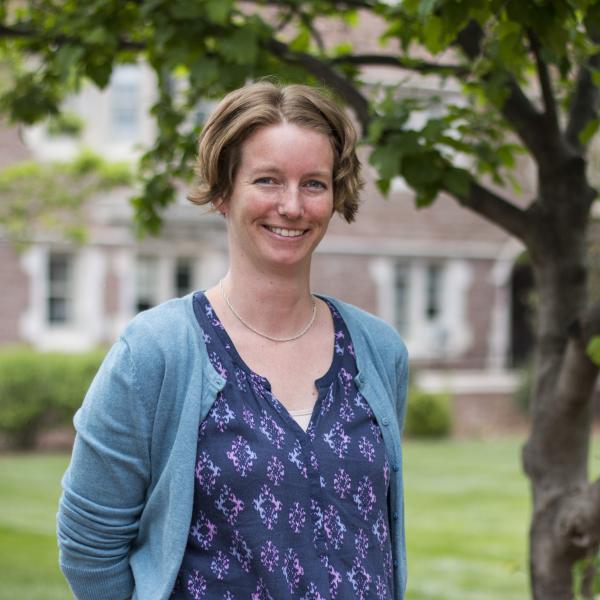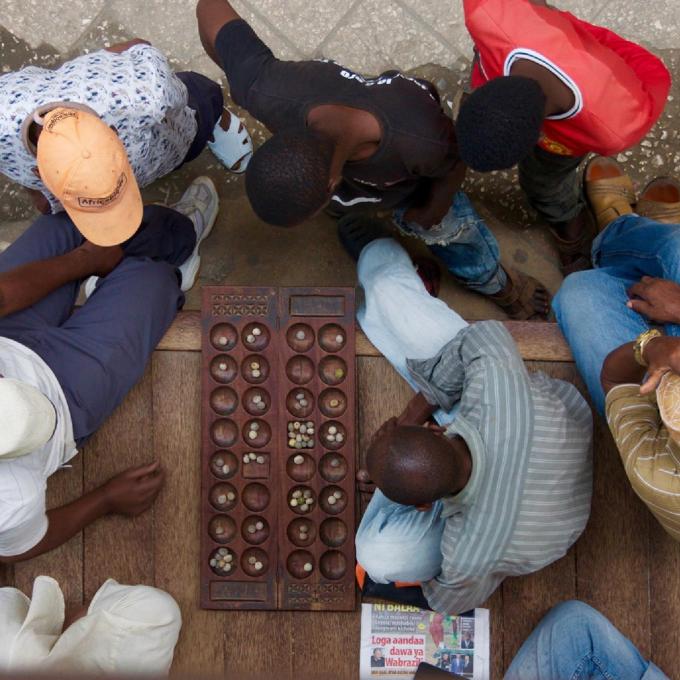After 15+ years of conducting archaeological research in the Peruvian Andes, I continue to love and learn about the past and present people of this region. My research into the social identities and practices of ancient agropastoralists is broadly situated within the context of state collapse and vertical (lowland-highland) mobility. Because it takes a team of experts to bring the past back to life, I am a part of several archaeological collaboratives in southern Peru.
I currently lead an interdisciplinary team of U.S. and Peruvian archaeologists and specialists who investigate the archaeology of the Sama Valley in the northern Atacama of southern Peru. Ongoing excavations at the site of Los Batanes, an 11th century agropastoralist settlement (500 masl) founded by descendants of the Tiwanaku culture, have produced intriguing evidence for the social identities, economic strategies, and ritual traditions of its inhabitants. My Sama Valley research also includes pedestrian survey for site documentation and working with the Peruvian Ministerio de Cultura to protect archaeological remains in the valley that are threatened by urban and agricultural expansion. I also co-direct the Centro de Investigación Arqueológica y Antropológica Sama-Tacna (CIAAST), a research facility that offers lab space for analyses and conservation of archaeological collections, and housing for researchers.
I also continue my dissertation-based work on the interplay of identity, ritual, diet, mobility, and health on 1st-millenium CE populations in the Moquegua valley of southern Peru on the periphery of the Tiwanaku state. My research at the provincial Tiwanaku center of Omo M10 has taken me to explore grief, knowledge transmission, and cultural identity in mortuary ritual, and the life-histories and social production of textiles. Through collaborations on paleo-mobility and paleo-diet using isotopic analyses my colleagues and I explore multiple dimensions of social identities, migration, and power relations in early Andean states.
In 2019 I began a collaboration with Dr. Bronwen Konecky (Earth and Planetary Sciences, WashU) in the Sibinacocha Valley of southern Peru. Located at 15,000 ft above sea level, the region harbors archaeological sites that attest to the human presence in this marginal environment. Excavations by me and a US-Peruvian team of pastoral homesteads occupied over the last 600-1000 years has been featured in articles and movies:
https://source.wustl.edu/2021/04/highlands-hunt-for-climate-answers/
https://www.bedrockfilmworks.com/lost-temple-of-the-inca/
I will accept graduate student in Fall 2023.


